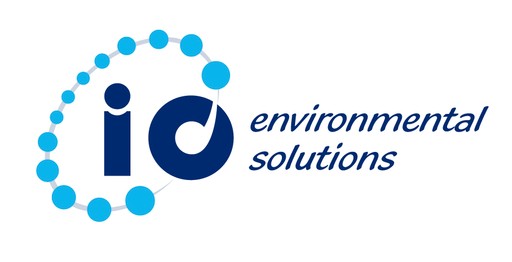Consulting services for the evaluation and management of groundwater resources in Uganda, and the development of strategies and policies for sustainable development and groundwater resource management.
The use of groundwater began in Uganda in the 1930s and is now considered the main water source throughout the country. Population growth and industrial expansion have increased water demand over the years and raised concerns about the sustainability of groundwater resources. This project aims to address this gap by developing and presenting the results of previous work in the context of the Integrated Water Management and Development Project (IWMDP), a project funded by Uganda's Ministry of Water Resources Management (DWRM) and the World Bank. This study is a comprehensive new effort designed to establish a sustainable management strategy and policy for groundwater resources with consideration of future needs.
Definition of the actual services provided by our staff within the scope of the task:
A total of seven reports will be prepared within the scope of this work. These seven reports are as follows:
Initial Report,
Current Situation Report,
Groundwater Availability and Demand Analysis Report
Threat and Risk Analysis and Impact Assessment Report of Groundwater Resources
Report on Determining Impact Strategies
Final Groundwater Resources Development and Management Strategy Report
Policy Report on Development and Management of Groundwater Resources.
While preparing these reports, the outputs of previous studies, field studies, water quality analyses, water quality modeling, hydrogeological modeling, and public participation will be utilized.
As a result of this project; it is aimed to establish a sustainable management strategy and policy for groundwater resources, considering Uganda's future needs. Managing groundwater, which is considered the country’s main water source, under this strategy and policy aims to prevent water scarcity in the future.





